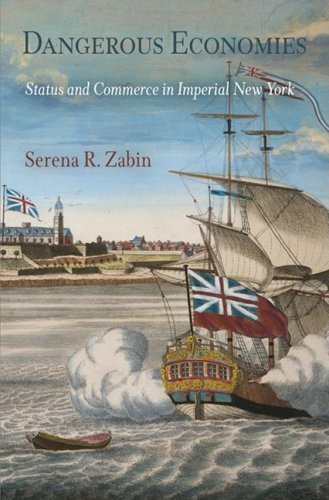

Most ebook files are in PDF format, so you can easily read them using various software such as Foxit Reader or directly on the Google Chrome browser.
Some ebook files are released by publishers in other formats such as .awz, .mobi, .epub, .fb2, etc. You may need to install specific software to read these formats on mobile/PC, such as Calibre.
Please read the tutorial at this link: https://ebookbell.com/faq
We offer FREE conversion to the popular formats you request; however, this may take some time. Therefore, right after payment, please email us, and we will try to provide the service as quickly as possible.
For some exceptional file formats or broken links (if any), please refrain from opening any disputes. Instead, email us first, and we will try to assist within a maximum of 6 hours.
EbookBell Team

0.0
0 reviewsBefore the American Revolution, the people who lived in British North America were not just colonists; they were also imperial subjects. To think of eighteenth-century New Yorkers as Britons rather than incipient Americans allows us fresh investigations into their world. How was the British Empire experienced by those who lived at its margins? How did the mundane affairs of ordinary New Yorkers affect the culture at the center of an enormous commercial empire?
Dangerous Economies is a history of New York culture and commerce in the first two thirds of the eighteenth century, when Britain was just beginning to catch up with its imperial rivals, France and Spain. In that sparsely populated city on the fringe of an empire, enslaved Africans rubbed elbows with white indentured servants while the elite strove to maintain ties with European genteel culture. The transience of the city's people, goods, and fortunes created a notably fluid society in which establishing one's own status or verifying another's was a challenge. New York's shifting imperial identity created new avenues for success but also made success harder to define and demonstrate socially.
Such a mobile urban milieu was the ideal breeding ground for crime and conspiracy, which became all too evident in 1741, when thirty slaves were executed and more than seventy other people were deported after being found guilty—on dubious evidence—of plotting a revolt. This sort of violent outburst was the unforeseen but unsurprising result of the seething culture that existed at the margins of the British Empire.